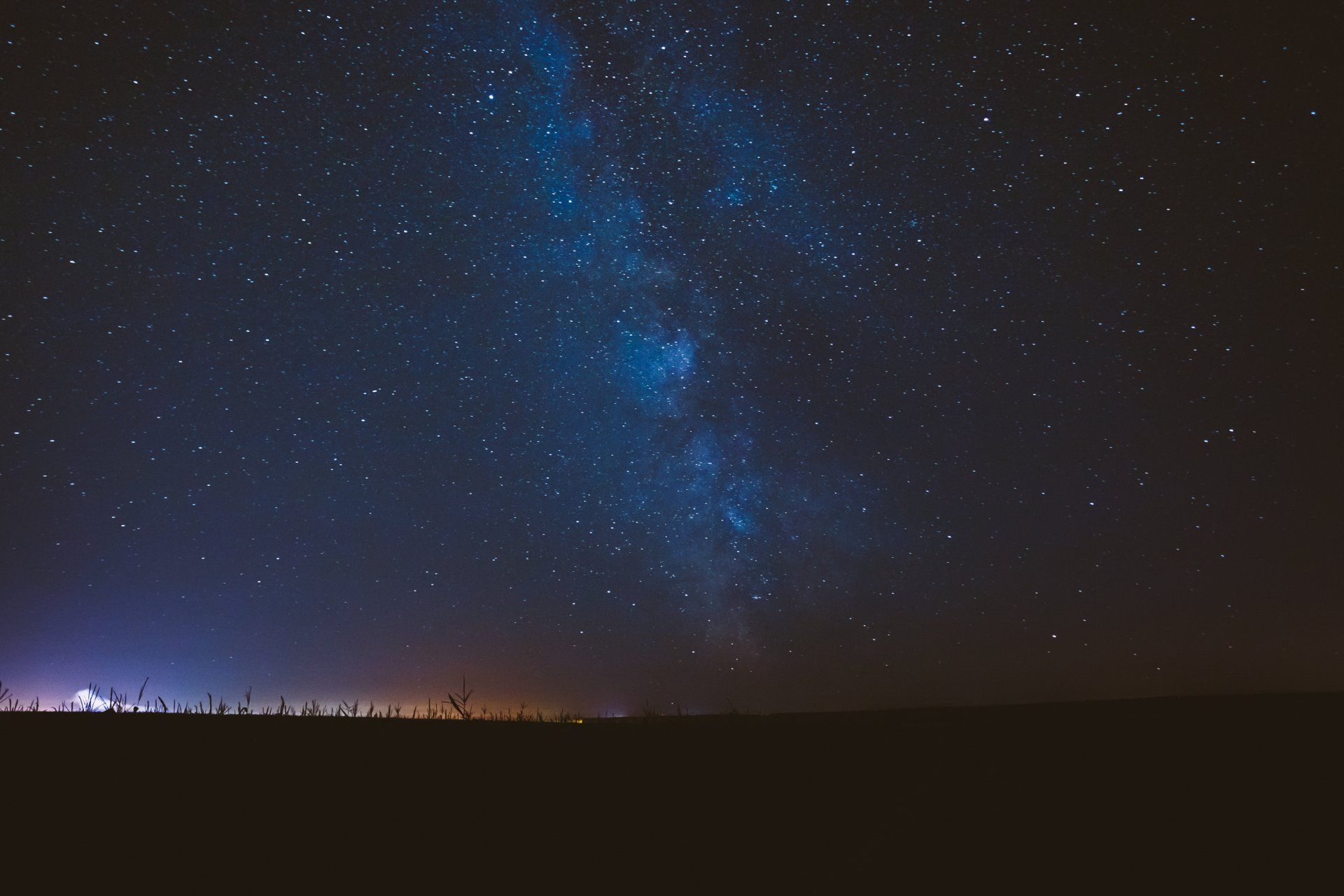IN THE CHURCH, BUT NOT OF THE CHURCH (II)
Brian Harris • August 13, 2021
“We need to take a break.”
These are the painful words that littered the trodden path of my high-school dating life. I knew what it meant: it meant the end. It meant that this particular relationship had gone on for long enough, and what was now needed was some space. Some redefinition.
Have you ever been in a situation or a relationship where you lost sight of yourself?
I feel as though a lot of people are taking a break from the church at the minute.
(smoothest transition ever?)
People are stepping away, not because they have abandoned their faith - that would be too lazy an analysis - but because they need to redefine or even rediscover who they are, and what it is they genuinely believe.
About God,
about the world,
about themselves.
For a number of people, the containers of meaning that the church offers has become far too small to hold the increasing complexities of modern life. The ethic being offered seems anaemic in the face of a world radically more able to deal with the nuances of human existence.
Those who have grown up in a world of scientific explanation as well as sexual, cultural and ethnic diversity are finding it more and more difficult to coexist in communities where these ideals are used as criticisms rather than reasons for hope and celebration. People who love their church communities but also find that life outside is rich and satisfying are struggling to reconcile the all-too-frequent dualisms being thrown at them from both left and right:
“The world is a dark and perverted place”
“They’re coming for our freedom!”
“Only God can protect you from [insert issue/virus]”
It is, quite simply, becoming too difficult to listen to a Sunday sermon where the world is placed at diametric odds with the church, and then to step back into the workplace or local community on Monday with people you genuinely enjoy and a space that is far less divisive and binary.
Perhaps this seems like too harsh a criticism to you? It’s not intended to be. It’s an attempt at the beginnings of an explanation as to why so many people are choosing not to darken the doorways of their churches anymore.
Binary, polarising and dualistic worldviews cannot create the kind of Christian communities envisioned in the gospels. When Paul says, in Colossians that “in Christ, all things hold together” he was reiterating the most radical of all Jesus’ propositions: that the body of Christ would be a place for all people to belong. It is a sentiment that finds its origins right at the beginning of the story - with human beings placed in communion with God and each other - and plays all the way through to a grand crescendo in Revelation, with the declaration that “every tribe, tongue and nation” will call on God.
I have spoken to many people of faith who have offered explanations for the sharp decline in church attendance. Apparently young people these days are both “moral relativists” at the same time as being “overly sensitive” about creation, gender, and race (see if you can piece that one together?). Apparently people just want to pursue their own “earthly desires” or find the moral requirements of Christian living “too hard.”
There may well be some truth in some of this, but it’s certainly not the whole picture. A bit of self-reflection might reveal that the church has become a place where many of the diverse expressions of modern life find it difficult to feel at home, and perhaps a few people are getting tired of this.
Churchless faith is not an abandonment of God. It is the recognition that sometimes, in order to chart a way forward, you need to take a step back. Sometimes you need to check that you have the right tools for the journey, and that the path you are taking will actually get you to the place you need to go. It's also an acknowledgment that God is not confined to a once-or-twice-a-week service offering. God has always pervaded every corner of human existence, even when we haven't realised it. When we look up, we begin to see this to be true.
Perhaps that’s the journey that we, the church, also need to embark on.

Sometimes, we categorise people out of Gods kingdom because they don’t meet the brief, they don’t fit our preconceived ideas and expectations. So, this Christmas, when I put my nativity in pride of place to celebrate “the King has Come”, I am reminded that a King didn’t come, at least not in the eyes of all those waiting on one. The nativity was the ultimate Kris Kringle (maybe the first!), where we quite simply don’t know what to expect and should always be prepared for a surprise, but it will be a gift.

St John of the Cross wrote: “If a man wishes to be sure of the road he treads on, he must close his eyes and walk in the dark.” When we can’t see, and can’t make any sense of things, keeping on can be the deepest form of trust. It can serve a profound purpose, for the dark night of the soul is sometimes the space between who we have been and who we will become.

